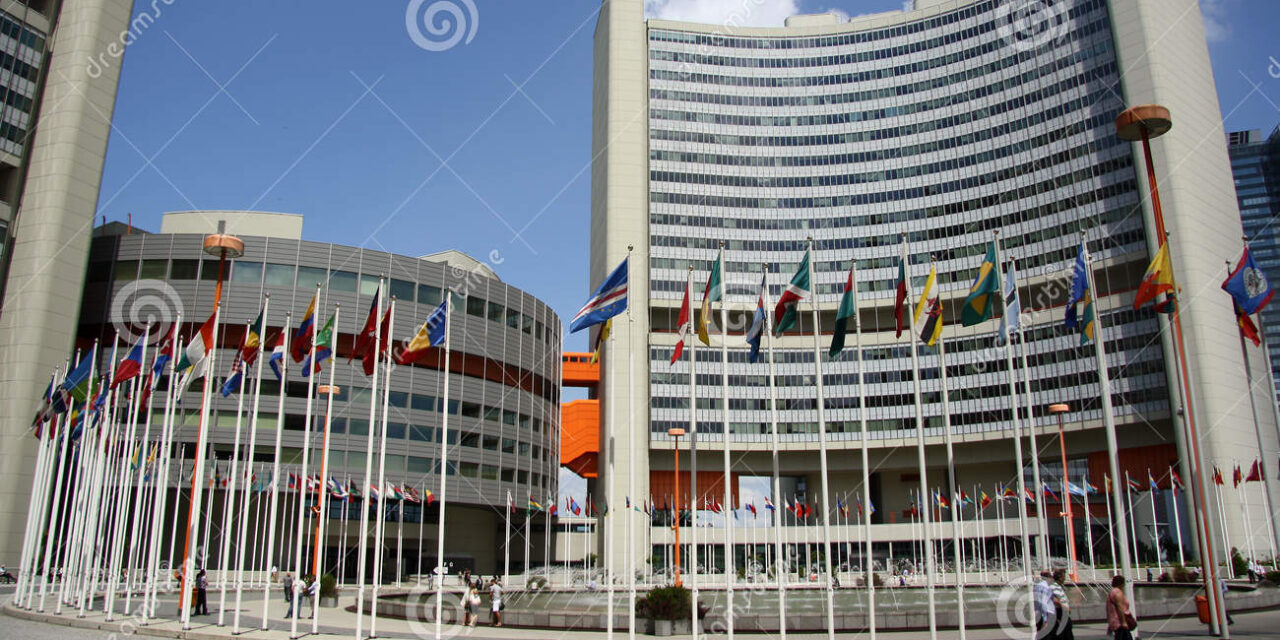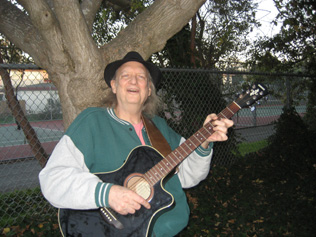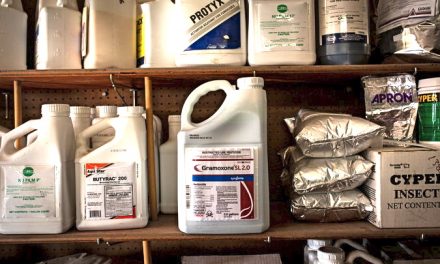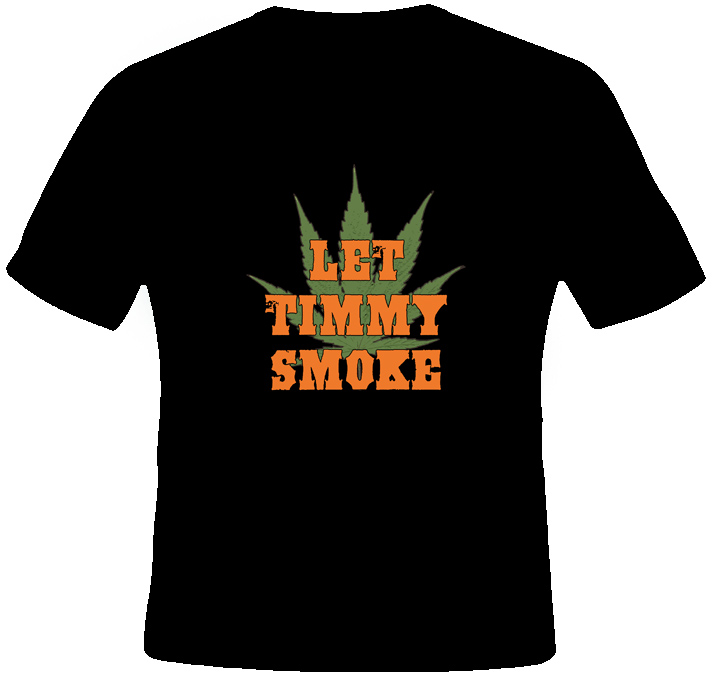From: Michael Krawitz
Date: June 7, 2009 9:49:35 PM PDT
To: Fred Gardner <editor@beyondthc.com>
The United Nations has a Commission on Narcotic Drugs and a Drug Czar headquarters in Vienna, Austria. In March of this year the Commission held a meeting to review the decade behind and plan its strategy for the decade ahead.
The United Nations is first and foremost a club for countries. The United Nations has had increasing interest in NGOs or non-governmental organizations participating with United Nations functions ever since the UN’s inception. I became aware and interested in international drugs policy when I became a member of the Drugs Peace House in Amsterdam and worked actively with Green Prisoners Amsterdam fighting the extradition of Les and Cheryl Mooring to the USA from Netherlands for marijuana cultivation in the mid 1990’s.
At home I studied the Single Convention on Narcotics [the international drug control treaty system] and found, to my surprise, that the only organization in the USA accredited with the UN that specialized in
the drugs issues was Drug Watch International, home of Dr. Voth.
An NGO has to be accredited by the Economic and Social Council of the UN before it can officially interact with United Nations drug control subsidiary bodies and attend meetings. For more than a decade I have made it my personal mission to educate organizations working on medical human rights issues as to the workings of the Treaties and the UN drug control system. My hope is that when the time would come to address where the treaties were actually serving as a barrier to access to essential medicines NGO’s from the USA, the country who under the direction of then US Ambassador to the United Nations Harry Anslinger helped forge these treaties back in the early 1960’s, would be in a position to participate.
I attended meetings this last year in New Orleans, Vancouver and Vienna all part of this UNGASS [United Nations General Assembly Special Session] 10 year review process culminating in this special
meeting of the CND.
With very generous support of the Open Society Institute we were able to fund 9 NGO’s attendance for the July UNODC / VNGOC Beyond 2008 NGO summit [8 as participants out of 300 total attending and 1 as
observer] and for this final meeting of the CND we brought 4 individuals representing 3 NGO’s, Human Rights and the Drug War, The Family Council on Drug Awareness and Virginians Against Drug Violence. We were very fortunate and are extremely appreciative to the ACLU and Trance Research Foundation for allowing our activists to access these CND meetings under their ECOSOC credentials. We attended under official invitation from the United Nations CND secretariat.
I had been present at the 1998 UN Drug Summit held in New York. A lot has changed. Instead of debating Prohibitionist strategy options demand vs. supply reduction the delegates now discussed harm
reduction. Some credit for this progress goes to NGOs, which sent representatives to Vienna to emphasize that the UN treaties were signed to promote public health and ensure access to drugs that
relieve suffering and with the help of Sweden’s Queen Sylvia in her capacity as a NGO leader of Mentor Foundation officially presented the CND with the Beyond 2008 NGO resolution. Human Rights Watch, theBeckley Foundation, the Trans National Institute, the International Drug Policy Consortium, the Harm Reduction Coalition, the International Harm Reduction Association, the European Coalition for
Just and Effective Drug Policies (ENCOD), Psicotropicos, Washington on Latin America and Hungarian Civil Liberties Union all had a very strong presence at these meetings in Vienna. Delegations from dozens
of countries objected when the words harm reduction were removed from the final resolution so this review of the international treaty system was left watered down with reservations. These resolutions are
passed by consensus so if a country disagrees enough to derail the system it can refuse to sign but in this case countries, except for the written reservations, all signed on in the end. The USA stayed out of this argument over the language of harm reduction and dutifully signed the final draft however it is notable that in a sudden change of direction, President Obama directed the US delegation to endorse needle exchange, a policy reform not yet enacted at home.
The US delegation to the United Nations CND at the time of these meetings consisted of 4 individuals, Two from the US drugs czar’s office aka the Office of National Drug Control Policy, One individual
representing NGO interest in Patfar, And one individual from the US State Department Bureau of
International Narcotics and Law Enforcement Affairs (INL) all overseen by then US Ambassador to Vienna, Jim Shulte. I had unprecedented access to the US delegation during these meetings as was obviously the wishes of the new US president. I was even invited to and attended a reception at the Ambassador’s residence. I think despite the fact that the delegation was adamant about not being in a
position to negotiate their new interactions with NGO leaders who oppose prohibition was very positive.
Japan and Azerbaijan added a resolution that was also adopted by this CND attempting to tighten international controls of what they called high potency Cannabis seeds. The resolution Recognizing that
cannabis seeds are tradable goods not controlled by the international drug control conventions,
1. Urges all Member States to take strong measures against the illicitcultivation of cannabis plant, in compliance with the Single Convention on NarcoticDrugs of 1961;8
2. Requests the United Nations Office on Drugs and Crime to share
information regarding the health risks posed by cannabis with the Expert Committee on Drug Dependence of the World Health Organization, and, in that regard, looks forward to an updated report on cannabis by the Expert Committee, subject to the
availability of extrabudgetary resources;
3. Requests the International Narcotics Control Board, within its mandate under the international drug control treaties and, as appropriate, in cooperation with other competent international bodies, to gather from Member States regulatory information on cannabis seeds, including on the sale of cannabis
seeds through the Internet, and to share that information with Member States, and invites Member
States and other donors to provide extrabudgetary contributions for those purposes
in accordance with the rules and procedures of the United Nations;
4. Requests the United Nations Office on Drugs and Crime to conduct a global survey on cannabis seeds, starting with a market survey, and to report to the Commission, at its fifty-third session, on the results of that survey, and invites Member States and other donors to provide extrabudgetary contributions for those purposes in accordance with the rules and procedures of the United Nations;
I believe this resolution as adopted will open discussions that may actually lead to an unintended outcome for Japan and Azerbaijan.
The Beckley Foundation advocated for a new Cannabis Convention. The Beckley Foundation was founded in 2000 by Amanda Feilding, Lady Neidpath, who is its director. According to the Beckley Foundation
website ” the Conventions restrict the signatory countries’ ability to adopt new cannabis policies and laws based on the evidence currently available. There is a clear need for change, and yet the international drug control system seems increasingly paralyzed and immobile.” They say that they have tried to identify different ways in which individual countries can seek to reform cannabis policies in order to better suite their individual needs. “These include individual countries denouncing the international conventions and
re-acceding with a reservation on cannabis, or for a group of like minded countries to negotiate and adopt a new international convention specifically concerning cannabis.” The Beckley Foundation Cannabis Commission report can be read online at: http://www.beckleyfoundation.org/policy/cannabis_commission.html
And finally I would be remiss if I didn’t mention my favorite protest staged by ENCOD and Austrian activists just outside the main doors of the UNs Vienna International Center that featured a live 3-foot
Cannabis plant and kickin’ music. The entire UN compound was abuzz.





